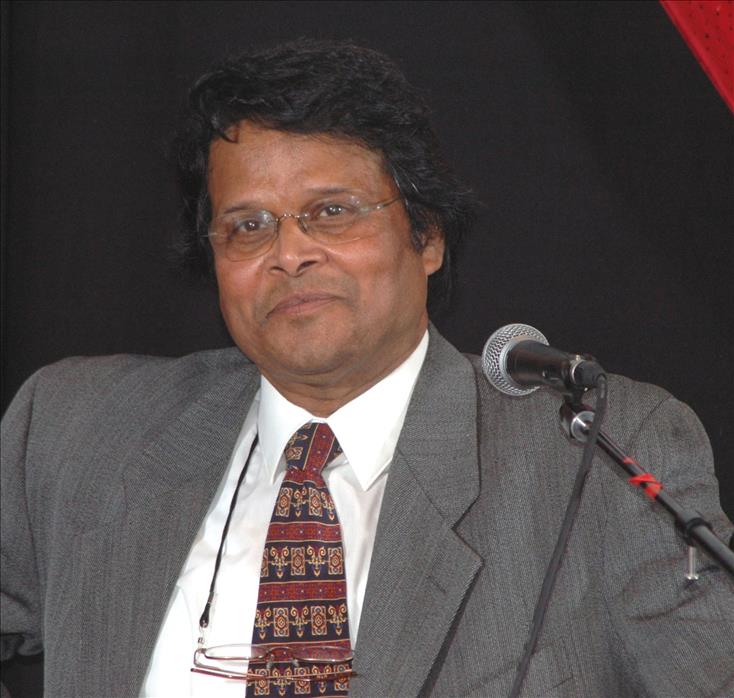India became an independent nation 66 years ago (August 15, 1947), of which 56 years have been under the rule of the Congress Party.
The country has made significant strides in several fields and the contributions of Indians to the progress of science and technology, arts, sports and other areas have been well acknowledged, respected and rewarded all over the world.
While the country has a rich cultural and spiritual heritage, its polity and society suffers from cancer of corruption at various levels, including the high echelons of the Central and State Governments.
 Almost all government departments have become politicised and are used as tools to cater to the personal interests of political leaders and the rich, rather than as state tools to serve the best interests of people.
Almost all government departments have become politicised and are used as tools to cater to the personal interests of political leaders and the rich, rather than as state tools to serve the best interests of people.
People want a change and the Anti-Corruption Movement launched by social activist Anna Hazare on April l5, 2011 received wide support not only in India but also in other parts of the world including New Zealand.
While his Movement raised social awareness, little change occurred.
Aam Admi Party
Against such a background, the rise of the ‘Aam Aadmi Party’ (AAP) or the ‘Common Man’s Party’ on the Indian scene in general and that of Delhi in particular, could become a turning point in the country’s political history.
It leader Arvind Kejriwal is a graduate in Mechanical Engineering from the prestigious Indian Institute of Technology (Karagpur). He was an officer of Indian Revenue Service (IRS), and rose to the post of Joint Commissioner of Income Tax, which he quit to launch awareness campaigns.
He is well known for his efforts to enact and implement the Right to Information (RTI) Act at grassroots level and for his role in drafting the Jan Lokpal Bill.
Distinguished leader
Mr Kejriwal won the Ramon Magsaysay Award for Emergent Leadership in 2006 for his contribution towards the RTI. He resigned from IRS that year and donated the Magsaysay Award money (US$50,000) for a Corpus Fund to establish ‘Public Cause Research Foundation,’ a Non-Government Organisation. He launched AAP on November 26, 2012.
While Mr Hazare wanted his Movement to be non-aligned politically, Mr Kejriwal felt that direct political involvement was essential to cleanse the country and its administration of corruption.
Serious campaigns
AAP led several protests, one of the most significant of which was a campaign against an alleged nexus between government and private corporations relating to price rises for electricity and water in Delhi.
Another protest demanded justice for victims of sexual harassment and rape, including introduction of a stronger anti-rape law.
Mr Kejriwal said that it was time for positive action.
“Since most political parties are corrupt, greedy and thick skinned, it is time to bring political power back into people’s hands. There are many good-intentioned people in politics today who want to work honestly for the people of India. But the current system of polity does not allow honest politicians to function,” he said.
Delhi election
The Party’s first electoral test occurred when the people of Delhi went to polls on December 4, 2013 to elect their representatives to the Delhi Legislative Assembly. It won 28 seats out of 70, emerging as the second largest Party in the Assembly.
AAP formed a minority government with conditional support from the Congress Party.
Mr Kejriwal said that neither he nor his Party claimed that every single person who joins AAP will be 100% honest.
“We are saying that the system has become very corrupt and needs to be changed immediately. Our aim in entering politics is not to come to power; we have entered politics to change the current corrupt and self-serving system of politics forever. We want to put in place a system that is strong enough to withstand corruption at any level of governance,” he said.
NZ Supporters
AAP is gaining strength in India, with support expressed by Non-Resident Indians and people of Indian origin worldwide. As this issue went to press, more than five million Indians had become its members.
In New Zealand, about supporters attended the One-Day International Cricket held between New Zealand and India in Hamilton on January 22, 2014, wearing the Party T Shirt and displaying their Party banner. For more details, please visit www.aap.org.nz






